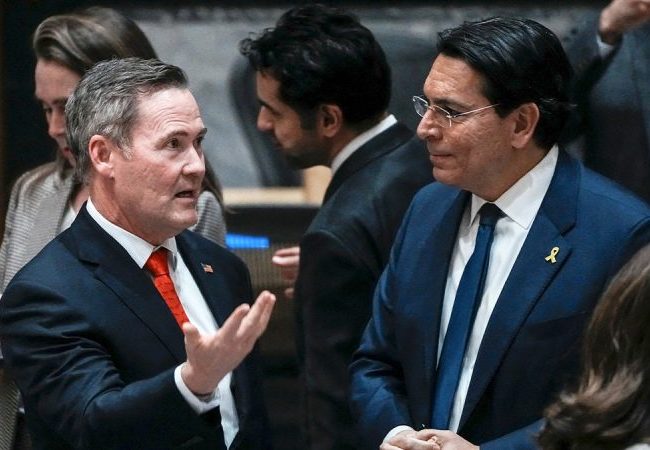
Nowhere to go but Net Zero
(Part 2)
BEYOND CREATING a future-ready energy system, our being among the top five countries in the world’s climate vulnerability list necessitates that we prepare Philippine cities, communities, and infrastructure for resilience in a climate-changed world. The impacts of the climate crisis as well as climate action that will be demanded of everyone are among the forces in history that are in no way linear.
These are forces that will transpire “gradually and then suddenly.” If we’re not prepared and conveniently ignore it, we’ll be overwhelmed and not recognize the world around us in the coming 30 years.
The science tells us we no longer have a choice. We need to act in a systematic and collaborative way if we want to succeed and make serious headway in tackling other issues like hunger, poverty, and the other pressing Sustainable Development Goals of our time. Trying to solve those will be futile if we don’t build for the resilience we need, and if we don’t ultimately solve the climate crisis.
We also need to be cognizant of the changing demands of consumers. According to the UNDP-Oxford University “Peoples’ Climate Vote 2024” survey, 80% of people globally want their governments to take stronger climate action to tackle the climate crisis. A higher 86% want to see their countries set aside geopolitical differences and work together on climate change. The Peoples’ Climate Vote 2024, which is the biggest global standalone survey on climate change, offers undeniable evidence that people everywhere support bold climate action.
All these beliefs are embedding themselves into consumer buying habits; the companies that people now choose to work for; global supply chains; the availability of financing and insurance for assets and projects; and even social acceptability, to name a few. The combined effects of all these forces are being seen in how companies and brands are reorienting around decarbonization goals.
Many governments are also strengthening their climate policies and targets while more countries are introducing carbon pricing instruments like emissions trading system, carbon taxes, and carbon trading.
For the Philippines, we see our government’s efforts for a more systematic and comprehensive approach to climate action through the Department of Environment and Natural Resources and the Climate Change Commission. Following the submission of our country’s Nationally Determined Contribution (NDC) in April 2021, the National Greenhouse Gas Inventories for 2015 and 2020 were completed. With stakeholder support, the NDC Implementation Plan and the National Climate Change Action Plan were developed with a focus on food security, water sufficiency, ecosystem and environmental stability, and human security.
Complementing the government blueprint are planned regulations to align the private sector to this course, given that businesses contribute a large portion to the national greenhouse gas (GHG) footprint.
It’s evident that decarbonizing and scaling up a green electricity grid over the next 25 years is the greatest energy transition in the history of mankind. It’s not just changing the electricity system but building a new global energy system with components we have never built before and at a massive scale. This will need nothing short of collaborative action among various players and well-coordinated and timely action on the part of regulators, who must ensure energy security and be well-versed on the elements that make for a successful and just energy transition.
We recognize though that it takes more than energy security and the energy transition to stabilize the distressing state of the climate.
While addressing the climate crisis feels like such a daunting task, we remain optimistic as we see a myriad of sectors coming together and taking collective action. Our Mission, “to forge collaborative pathways to a decarbonized and regenerative future,” continues to guide our path. It reaffirms our commitment to work together with all stakeholders, including the Net Zero Carbon Alliance, to rally more businesses and organizations across all sectors to achieve our Net Zero ambition.
(See Part 1 here: https://tinyurl.com/2dzzte3d)
Federico R. Lopez is the chairman and chief executive officer of First Gen Corp. and its parent firm First Philippine Holdings Corp. He is also the chairman of the First Gen subsidiary Energy Development Corp. This commentary was lifted from the keynote speech that Mr. Lopez delivered during the Net Zero Carbon Alliance 2024 Conference held at The Fifth at Rockwell in Makati City.


